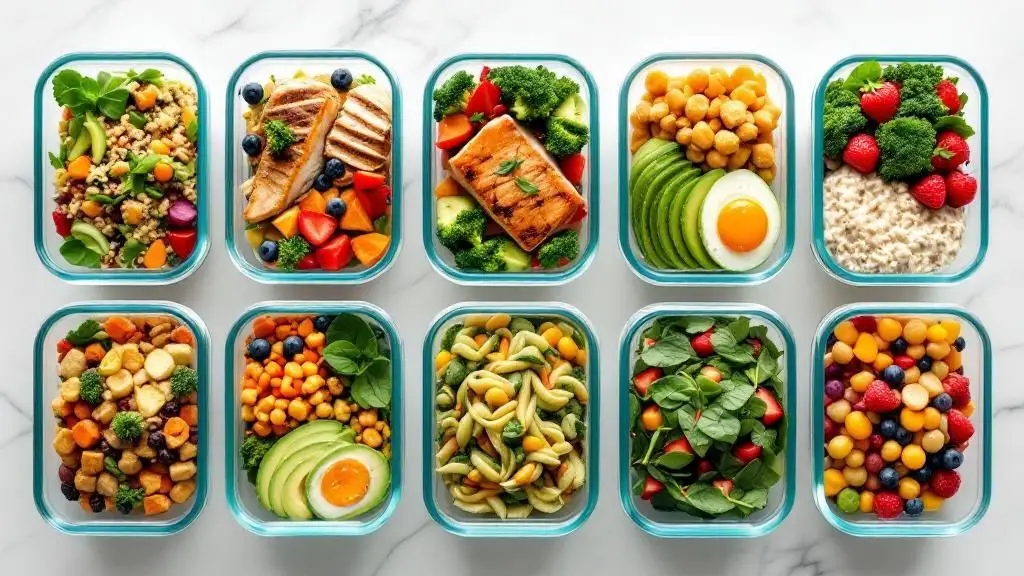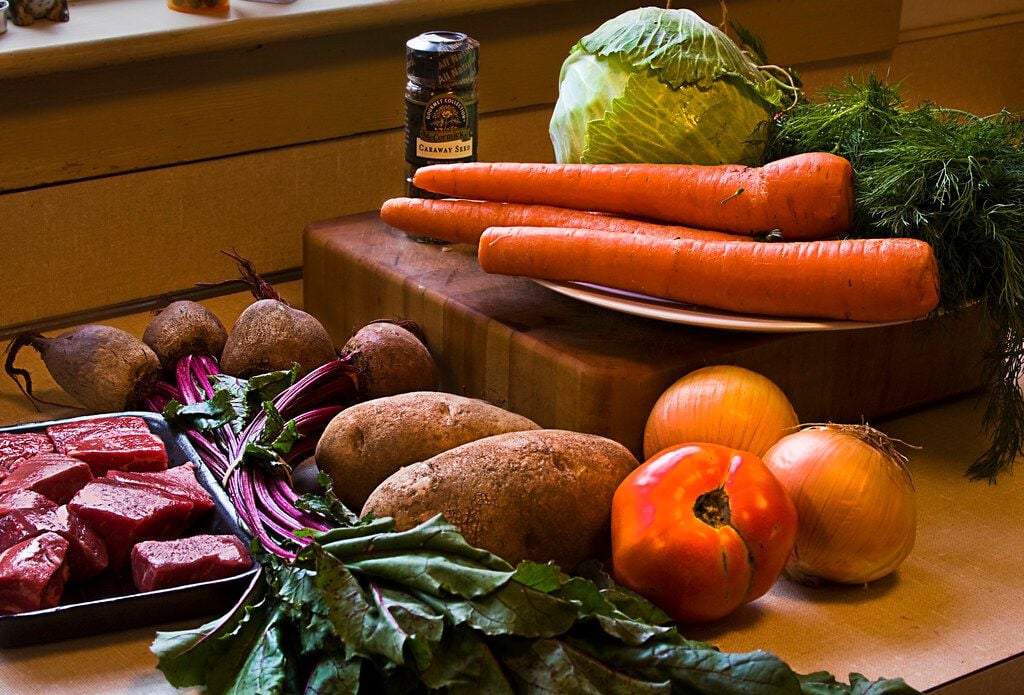
Unleash The Power Of A Wholesome Morning With Overnight Oats
- Jan 6, 2024
If you are one of those stalwarts who need to grab-and-go for their morning meal, you might want to consider a more effortless option: Overnight Oats. This super convenient meal breakfast was humorously hailed in 2019 as the "breakfast for grownups who get things done," emphasizing the freedom in ingredients and preparation, from using jam jars to topping with circular banana slices. As many attest to, overnight oats are no laughing matter when it comes to practicality, allowing for a simple mix-and-match of ingredients in a jar or container.
Overnight oats are not cooked in the traditional stove-top way. Instead, the oatmeal is soaked in a liquid of choice overnight, which causes it to soften. Topped up with a medley of fruits or nuts, overnight oats are commonly consumed cold.
The origins of this quick-fix breakfast can be traced back to the Swiss physician, Dr. Maximilian Bircher-Benner. In the early 1900s, he introduced "muesli," a blend of overnight soaked oats in milk or yogurt, combined with fruits. Intended as a nutritious, chilled meal for his patients, it's a concept that overnight oats have modernized.
Making overnight oats is pretty straightforward - combine one part oats with two parts liquid. What follows is the fun part, the personalization. Overnight oats can be made as a singular portion or prepared in larger quantities and stored in the refrigerator for up to five days. An easy way to start is by adding a scoop of yogurt for extra protein and texture.
When it comes to toppings, the sky’s the limit. Just remember, any fruit put into the oats overnight may become slightly soft. If that doesn't appeal to you, save the adding of fruit until right before eating. For a delightful spin on classic overnight oats, try topping combinations like, pumpkin pie flavors, or berries and bee pollen.
Overnight oats, like any oatmeal, is a powerhouse of protein, fiber, iron, copper, zinc, and B vitamins. It also contains a soluble fiber, known as beta-glucan, which is recognized for its many health benefits. Research states that consuming 3 grams of beta-glucan soluble fiber from whole oats daily contributes to a mild reduction in blood cholesterol levels. Its efficacy in mitigating sharp increases in blood sugar and insulin levels after meals makes it a suitable option for diabetics.
However, as oatmeal is a carbohydrate, nutritionists suggest it may not keep you full for an extended duration. That's where toppings come into play. Greek yogurt, nuts, and peanut butter can bring in extra protein, healthy fats, and fiber, while fruit enhances the fiber and vitamin content of the overall meal.
From answering whether Chipotle is healthy to guiding on making coffee without a coffee maker - USA Today is on a mission to respond to your most frequently asked questions. Visit our 'Just Curious' section to discover more.






